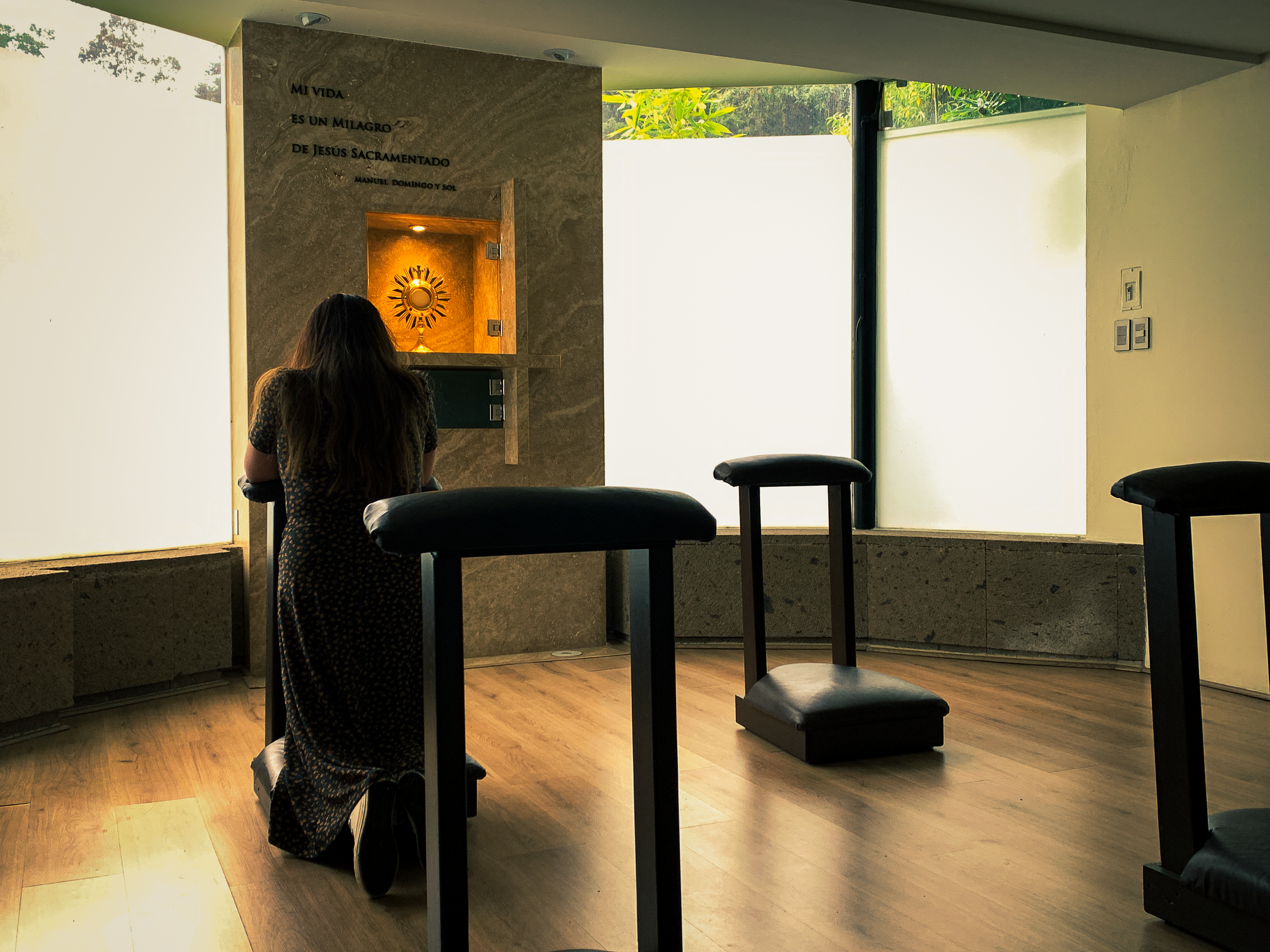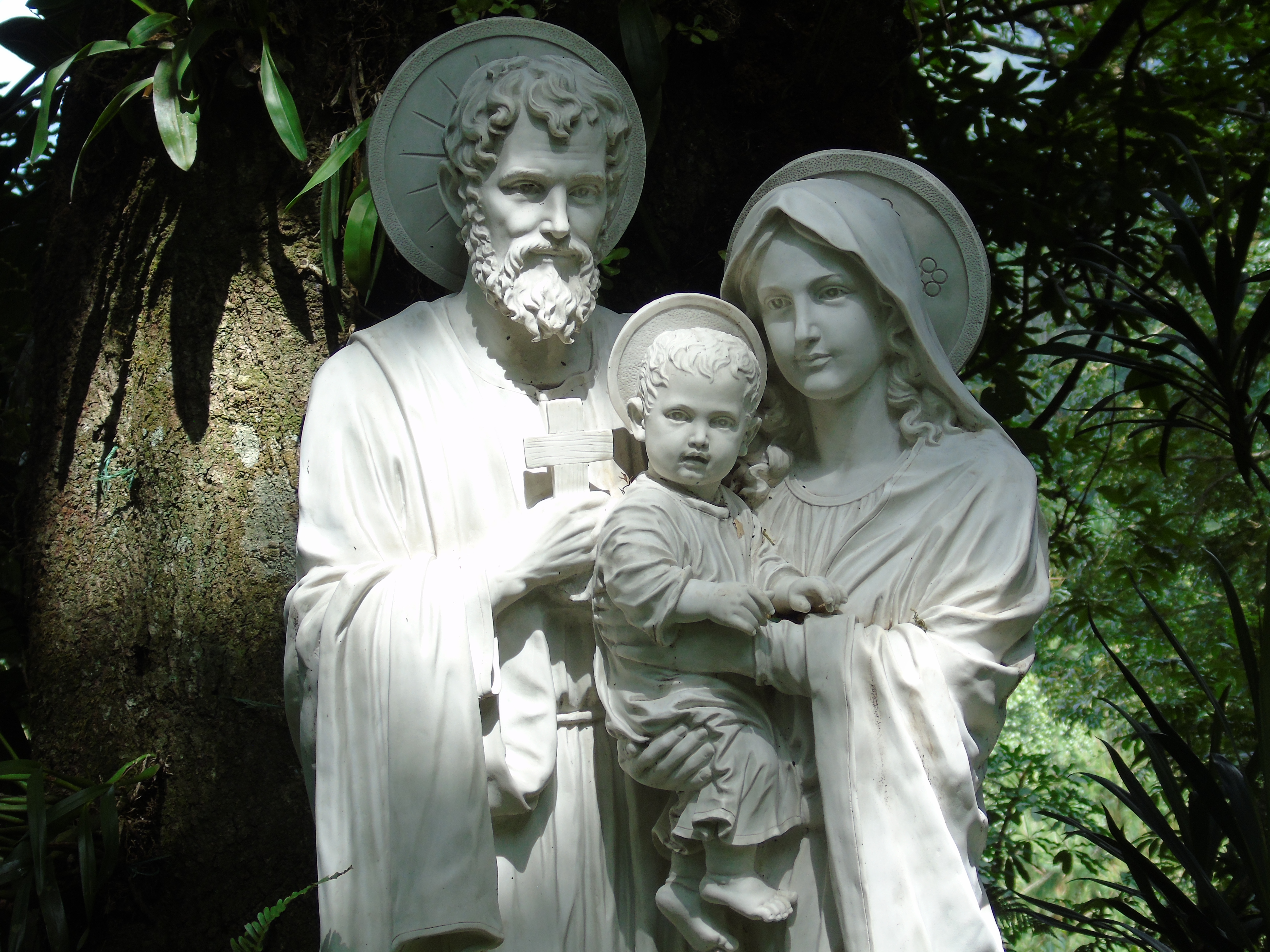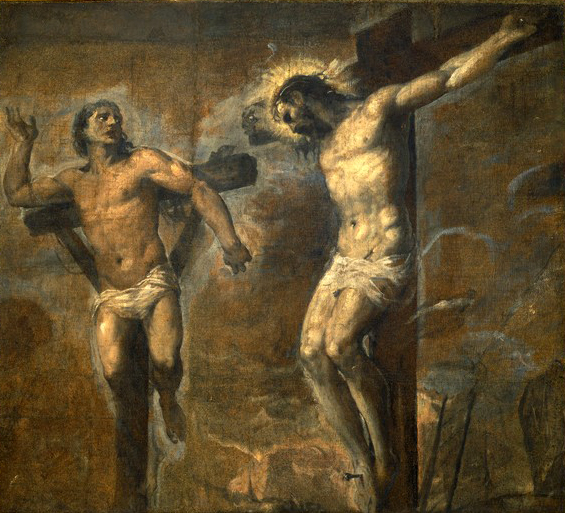What is the first thing that comes to mind when you hear the word “listen”? Many would say “paying attention to sound, or listening to music”. Others may think, listen is, “to hear something with thoughtful attention”.
Has it ever crossed your mind that listening is key to your faith journey? It’s a part of what I’m pondering this Lent as it came up during my most recent spiritual direction session. I was told a quote by Pope Francis: “This is the first step in order to grow on our journey of faith: listening.”
I’m a cradle Catholic; baptized as an infant. I’ve heard the Word of God proclaimed during Mass since I was an infant. Many times, and not just in my youth, the Word went into my ears and I could recall what was said, yet was I really listening for the meaning?
The Catholic Catechism breaks it open this way:
CCC 144 “To obey (from the Latin ob-audire, to ‘hear or listen to’) in faith is to submit freely to the word that has been heard, because its truth is guaranteed by God, who is Truth itself. Abraham is the model of such obedience offered us by Sacred Scripture. The Virgin Mary is the most perfect embodiment.”
Through out my youth and most of my adult life I did not submit myself to the Word that I heard. I absolutely would not compare myself to Abraham or the Virgin Mary. Yet when I hear the Psalm Response “If today you hear his voice, harden not your hearts,” I also hear the words of our Holy Father Pope Francis: “When we listen to the Word of God, we obtain the courage and perseverance to offer the best of ourselves to others.”
There is so much to listen to in the world today. Courage and perseverance are absolutely necessary to be able to sort through the multitude of media, images, words, and sounds that surround each of us. There have been times where all of these things have paralyzed me, making my own voice mute. It has made my ability to act on what I’ve heard a challenge.
It is so hard to listen to God’s voice in the cacophony of the world. I need to remember the witness of the Virgin Mary and of Abraham who listened to the Word of God in the silence of their hearts.
Help me Lord, to remember to listen for your voice in the midst of all the noise because I cannot hear you if my heart and mind is full of other things. Help me to find the silence in my heart to hear your voice and return to You and your gracious, merciful ways. Amen.
 Beth Price is part of the customer care team at Diocesan. She is a Secular Franciscan (OFS) and a practicing spiritual director. Beth shares smiles, prayers, laughter, a listening ear and her heart with all of creation. Reach her here bprice@diocesan.com.
Beth Price is part of the customer care team at Diocesan. She is a Secular Franciscan (OFS) and a practicing spiritual director. Beth shares smiles, prayers, laughter, a listening ear and her heart with all of creation. Reach her here bprice@diocesan.com.
Feature Image Credit: Nick Fewings, https://unsplash.com/photos/mki48azlI2k




 Arthur Richardson is married to his wonderful wife, Gabby Richardson. They will be married for two years this January! Most of his work experience is in ministry. He was a retreat missionary in Wisconsin for two years and a youth minister for three years. He is now the Web Project Manager here at Diocesan, and loves it!
Arthur Richardson is married to his wonderful wife, Gabby Richardson. They will be married for two years this January! Most of his work experience is in ministry. He was a retreat missionary in Wisconsin for two years and a youth minister for three years. He is now the Web Project Manager here at Diocesan, and loves it!




 David Dashiell is a freelance writer, editor, and proofreader based in the Pittsburgh, Pennsylvania area. His writing has been featured in Crisis Magazine and The Imaginative Conservative, and his editing is done for a variety of publishers, such as Sophia Institute and Scepter. He can be reached at
David Dashiell is a freelance writer, editor, and proofreader based in the Pittsburgh, Pennsylvania area. His writing has been featured in Crisis Magazine and The Imaginative Conservative, and his editing is done for a variety of publishers, such as Sophia Institute and Scepter. He can be reached at 


 Dr. Alexis Dallara-Marsh is a board-certified neurologist who practices in Bergen County, NJ. She is a wife to her best friend, Akeem, and a mother of two little ones on Earth and two others in heaven above.
Dr. Alexis Dallara-Marsh is a board-certified neurologist who practices in Bergen County, NJ. She is a wife to her best friend, Akeem, and a mother of two little ones on Earth and two others in heaven above.
 Kathryn James Hermes, FSP, is the author of the newly released title
Kathryn James Hermes, FSP, is the author of the newly released title
 Kathryn Mulderink, MA, is married to Robert, Station Manager for Holy Family Radio. Together they have seven children (including Father Rob), and four grandchildren. She is President of the local community of Secular Discalced Carmelites and has published five books and many articles. Over the last 30 years, she has worked as a teacher, headmistress, catechist, Pastoral Associate, and DRE, and as a writer and voice talent for Catholic Radio. Currently, she serves the Church by writing and speaking, and by collaborating with various parishes and to lead others to encounter Christ and engage their faith. Her website is
Kathryn Mulderink, MA, is married to Robert, Station Manager for Holy Family Radio. Together they have seven children (including Father Rob), and four grandchildren. She is President of the local community of Secular Discalced Carmelites and has published five books and many articles. Over the last 30 years, she has worked as a teacher, headmistress, catechist, Pastoral Associate, and DRE, and as a writer and voice talent for Catholic Radio. Currently, she serves the Church by writing and speaking, and by collaborating with various parishes and to lead others to encounter Christ and engage their faith. Her website is 


 Merridith Frediani loves words and is delighted by good sentences. She also loves Lake Michigan, dahlias, the first sip of hot coffee in the morning, millennials, and playing Sheepshead with her husband and three kids. She writes for Catholic Mom, Diocesan.com, and her local Catholic Herald. Her first book Draw Close to Jesus: A Woman’s Guide to Adoration is available at Our Sunday Visitor and Amazon. You can learn more at
Merridith Frediani loves words and is delighted by good sentences. She also loves Lake Michigan, dahlias, the first sip of hot coffee in the morning, millennials, and playing Sheepshead with her husband and three kids. She writes for Catholic Mom, Diocesan.com, and her local Catholic Herald. Her first book Draw Close to Jesus: A Woman’s Guide to Adoration is available at Our Sunday Visitor and Amazon. You can learn more at